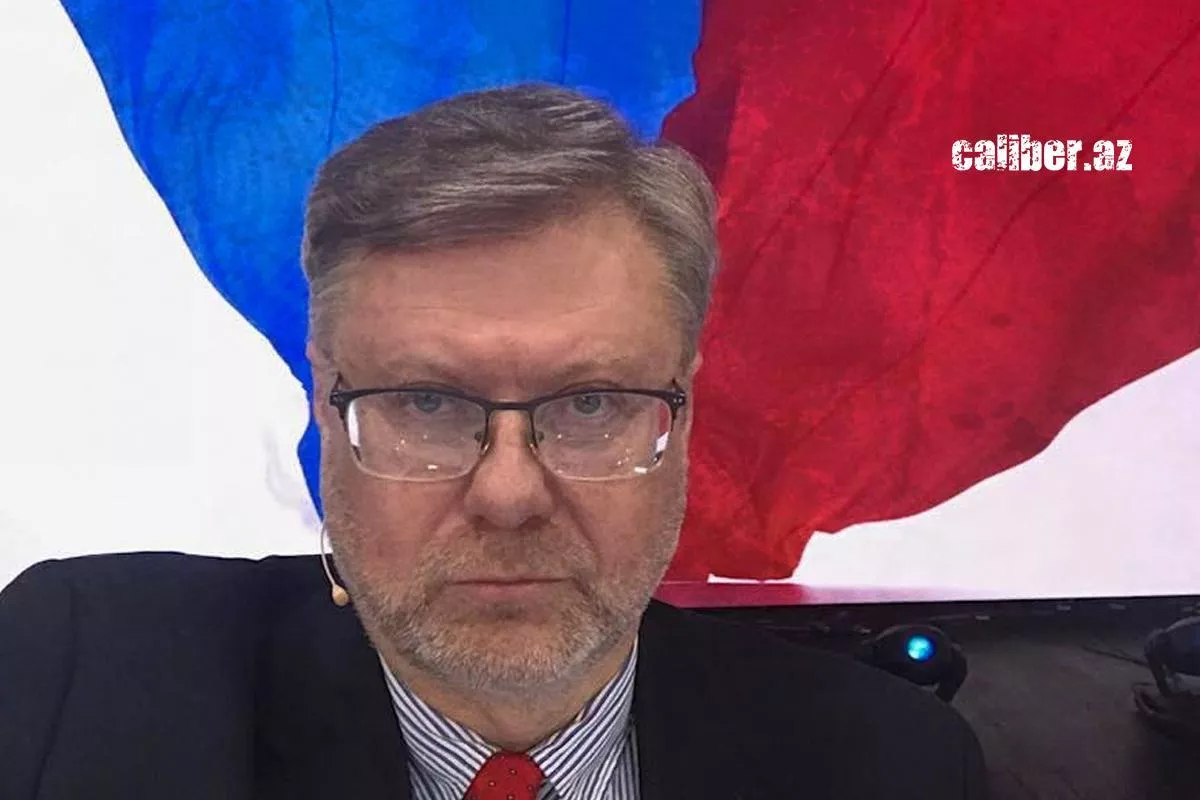"Trump to toughen America's tone in relations with Europe" Expert insights
US President-elect Donald Trump may exploit a legal loophole to withdraw the country from NATO, reports Politico.
During Joe Biden's presidency, a law was passed requiring any decision by the president to exit the North Atlantic Alliance to be approved by a two-thirds Senate vote or enacted by Congress. However, this law is "not airtight," and legal experts fear Trump could take advantage of a loophole in the president’s exclusive powers in foreign policy, the newspaper writes.
The publication notes that there is precedent for this—the US withdrawal from the Open Skies Treaty during Trump's first term. In 2019, Congress adopted an amendment requiring the Secretary of Defense and the Secretary of State to notify lawmakers at least 120 days before exiting such treaties. However, the Justice Department ruled that this notification requirement infringes on the constitutional powers of the president in foreign policy. The president's authority to make decisions on treaty withdrawals "flows from his constitutional role as the ‘sole organ of the nation in its external relations,’ granting him discretion in conducting foreign affairs," it stated.
How likely is Trump to make such a decision upon returning to the White House? Does the President-elect truly aim to pursue this course of action? Has he lost faith in the cohesion of the North Atlantic bloc and its ability to act swiftly and effectively? Or are there other motivations behind this stance?
Caliber.Az sought answers to these questions from American experts.
Professor of Political Science and International Relations at Tennessee State University, Andrei Korobkov, emphasized that while Trump frequently raises this topic, it serves primarily as an effective negotiating tool for him to pressure Western Europeans and achieve his desired outcomes.
"He gets what he wants – if during his first term only five NATO members, including the US, fulfilled their obligations to spend 2% of their GDP on military expenses, now the number of such members has increased to 22, or two-thirds of the entire bloc, and it continues to grow. Trump will make Europeans, first of all, view the US not as a partner, but as a country controlling the alliance, which is actually the reality, and he will strengthen discipline within the bloc, creating a hierarchy. Naturally, he will clearly tell the Europeans that they must solve their own problems. However, NATO remains a tool of political control for America, including over the organization’s own members. Therefore, the tone will change, it will become very harsh, but NATO itself continues to retain value for the United States, including in the system that Trump aims to create," the professor noted.

On the other hand, he says, Europeans will not be allowed to play the role of "the tail wagging the dog," and the US will choose the conflicts it wants to participate in, with nothing preventing it from doing so.
"Furthermore, the presence of the US, among other things, serves as a deterrent and counterbalance to the hyperactivity of some members, primarily in Eastern Europe. Therefore, there are reasons for the US to remain in this structure.
But overall, apart from the change in tone and the demands for Europeans to solve their own problems, the ongoing process of shifting the US focus from Europe to East Asia will continue. China is increasingly being viewed as an opponent and potential adversary, which means Trump will have entirely different objectives, including in the economic sphere – protecting the American economy from competition. In other words, a return to protectionism. Additionally, the creation of a containment structure, similar to what existed against the Soviet Union during the Cold War, to separate Russia from China, and to establish and expand economic and military-political blocs in other parts of the world, particularly in the Pacific Ring," the political scientist believes.
And this, he emphasizes, is objectively the reality, which exists regardless of who occupies the White House. However, Trump will take much tougher positions, with more clearly defined geographic, political, and, importantly, economic priorities.
"Europeans will always be told that they need the United States much more than America needs them, the terms of relations will change. However, in principle, the NATO structure, aside from how difficult it would be to exit from it, retains its value, but in a different context. This includes, among other things, preventing intra-European conflicts and stopping any radical actions from some NATO members themselves. Therefore, NATO’s value remains for Trump, but the emphasis is undoubtedly shifting," the expert explained.

As analyst, journalist, and professor Grigory Ioffe points out, the tensions between Trump and the European NATO members during his first term were caused solely by a) the reluctance of allies to allocate 2% of their budgets to the bloc’s needs, and b) Germany's increasing dependence on Russian gas, which contrasted with its expressed need for protection from Russia.
"Nothing indicates Trump's desire to withdraw the country from NATO. At least, not for now. It’s unlikely that the anti-Trump hysteria in the mainstream media can serve as a basis for any hypotheses on any topic or for any reason," Ioffe believes.








